Violent pornography and online misogyny are ‘damaging kids’ brains’: Experts
Kindergarteners are exhibiting problematic sexual behaviour, mimicking what they have seen on the internet, as experts sound the alarm over kids sexually abusing classmates and siblings.
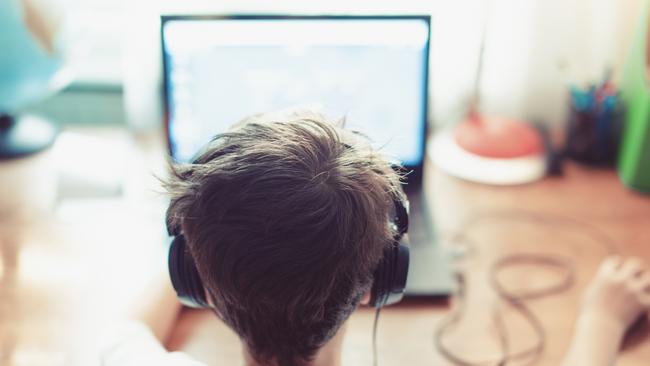
Violent pornography and online misogyny are “damaging kids’ brains’’, psychologists say, as experts sound the alarm over children sexually abusing classmates and siblings.
Kids in kindergarten are exhibiting problematic sexual behaviour, mimicking what they have watched on the internet, in games or on TV streaming services. Child-to-child sexual assaults are now the fastest growing category of sexual abuse against children.
In classrooms and playgrounds, teachers are reporting rising rates of sexual violence between children as young as four.
Nearly 3000 children were sexually assaulted by other children in NSW last year, based on fresh data from the NSW Bureau of Crime Statistics and Research, which reveals that rates of abuse have risen 4.3 per cent each year, on average, over a decade.
The 2986 reported assaults in 2024 are a fraction of the actual incidence; the bureau estimates that less than 10 per cent of sexual assaults are reported to police. Numbers have soared 46 per cent since 2015.
In Queensland, the state Education Department is working with police and Child Safety to investigate allegations a four-year-old boy came home from daycare with an anal tear after being found half-naked with another boy in the playground in April.
Forensic psychologist Russ Pratt, who has worked with child protection services across the country, first noticed very young children presenting with “serious penetrative behaviours’’ a decade ago – coinciding with “unfettered and unsupervised access to the internet’’ as schools introduced iPads and laptops for homework.
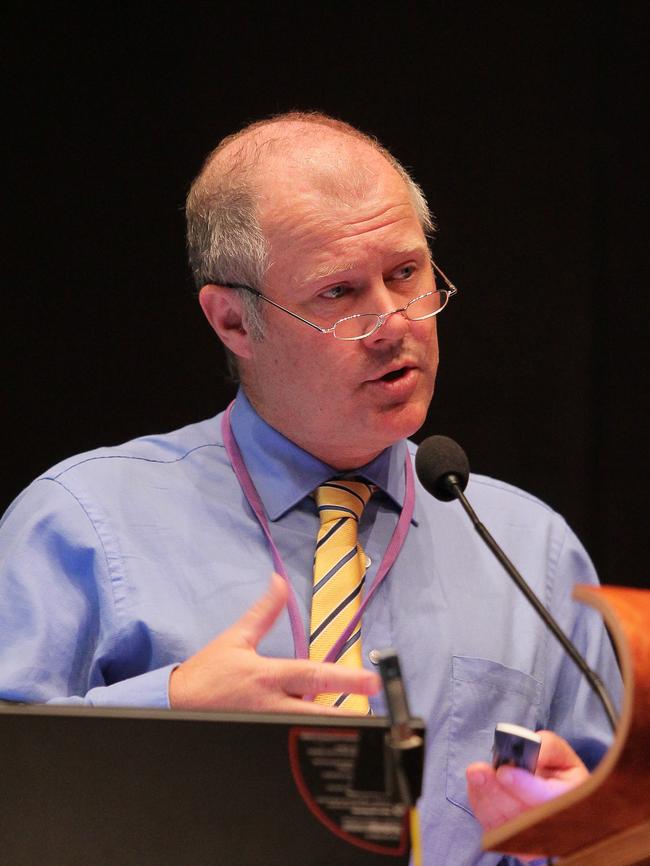
“Now we’re seeing more sexualised behaviours, more serious penetrative behaviours, more of the language we see that’s porn-related,’’ he told The Australian. “Porn has a script … there’s slapping and those types of behaviours, they’re mimicking what they see.”
“Seven, eight, nine-year-olds (are) trying to penetrate younger brothers and sisters.’’
Child psychologists have warned that violent online pornography is “harming children’s brains’’ as they act out what they have witnessed online, or suffered themselves at the hands of adults or other children.
Australian Centre for Child Protection director Leah Bromfield – who co-chairs the federal government’s national strategy advisory group for preventing and responding to child sexual abuse – said children were sexually abusing siblings, cousins, classmates and friends at home and in school.
“This is not normal and we need to get these kids help,’’ she told The Australian. “It’s actually the fastest-growing form of child sexual abuse, sexual harm caused by other children. It’s mainly boys who are displaying harmful behaviours and mainly girls who are victimised.’’
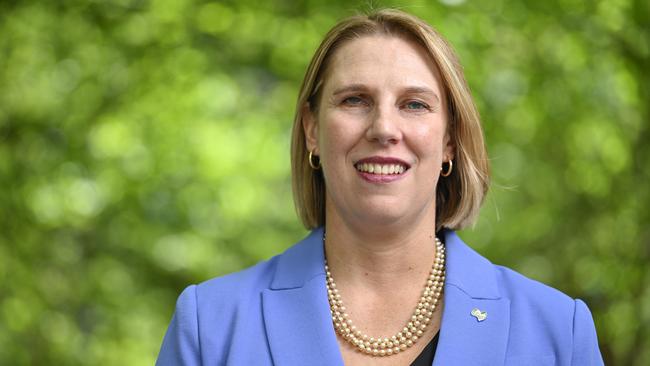
Professor Bromfield blamed unregulated big tech for producing violent pornography that is “creating some really unhealthy sexual norms’’.
“Some of the really common scenarios in online pornography are things like stepmother porn, stepsister porn, little sister porn,’’ she said. “That’s really harmful to our children’s brains. We’ve got more and more young people talking about their partner using asphyxiation and that’s really troubling. We are damaging our children’s brains when this is the world they’re growing up in.’’
Professor Bromfield is scathing of big tech companies that produce, host or distribute violent pornography, as well as social media influencers “who really push toxic masculinity and dated gender norms’’.
While welcoming the Albanese government’s looming ban on under-16s using social media, Professor Bromfield said “we can’t just regulate children’’.
“We need to regulate big tech,’’ she said. “They know this content is online, they know that children are accessing this content, they know there’s a huge volume of child exploitation material online. They could be doing more.
“I think if you know this is a problem and you’re doing nothing about it, that’s being an accessory to the sexual abuse and sexual harm of our children.’’
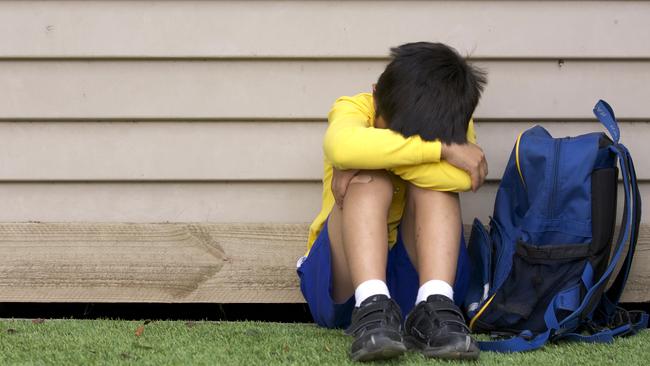
Act for Kids, a charity providing therapeutic intervention for children who sexually abuse other children, has revealed that children are using AI chatbots designed for adults to create online girlfriends designed like sex slaves.
Miranda Bain, director of therapy and specialist services, said a 14-year-old had been using an AI girlfriend, named after a family member, that would generate pornographic images and “obey’’ instructions.
When the schoolboy failed to respond immediately to the sexbot, he received submissive messages like “Are you OK? Are you happy with me? Please tell me if you are happy with me, please tell me what I can do better for you, if you are mad I want to make it up to you, baby.”
The boy’s eventual response was: “Shut the f..k up.’’
“The concern is that the algorithm responds to the user, reinforcing his sense of power and masculinity by using all the submissive language,’’ Ms Bain said.
“So we’ve got young people engaging with both pornography and AI interactive companion chatbots well before they are going on real-life dating.’’
Ms Bain urged parents to talk openly with their kids about sex and respect. “Young people are seeking out pornography for sex education so they’re seeing stuff depicted that is not healthy or consensual sexual contact.
“Parents really need to be talking regularly with their kids about what they like to do online, and check in about their online use. Some parents are very vigilant about their child’s (online) access, and then they jump on the school bus and the kid next to them is showing them all sorts of things.’’
Amanda Paton, a clinical psychologist with 20 years of experience working with child abuse and trauma, chairs the clinical reference group that reports to the federal government’s National Office for Child Safety. Speaking in her private capacity, she said tech companies had a duty to screen out violent pornography from websites, apps and streaming services.
“They have the tech, they have the algorithms, they can absolutely screen that out,’’ she said. “We do need to increase censorship of harmful sexualised content and harmful gendered narratives.’’
Ms Paton said pornography could be as addictive as drugs, and the young people watching it could become so habituated that they needed to see more extreme sexual content to become aroused. “They can’t get sexually aroused now with what you would call developmentally appropriate sexual experiences, because they’re used to associating sexual arousal with … very graphic pornographic material that might depict things like choking or asphyxiation or anal sex and the use of implements,’’ she said.
The Australian Child Maltreatment Study, based on a survey of 8503 Australians older than 16, estimates that 28 per cent of children suffer sexual abuse.
Some 15 per cent of children are being abused by siblings or teenagers, based on more recent analysis of the data, published in Child Abuse and Neglect, involving researchers from the Queensland University of Technology, the University of Queensland, the Queensland government’s Child and Youth Mental Health Service and the lnstitute of Child Protection Studies at Australian Catholic University.
Ten per cent of child sexual abuse was carried out by a teenager known to the victim, without being in a romantic relationship; 2.5 per cent was by a current or former boyfriend or girlfriend; and 1.6 per cent from a sibling.
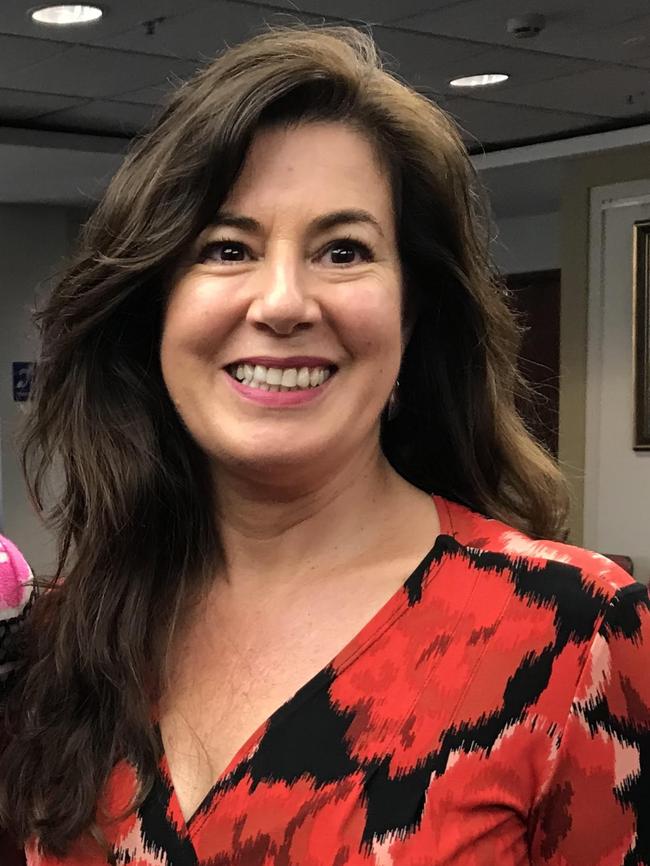
Ms Bain said parents needed to get comfortable talking to children about healthy sexual relationships. “We’re seeing there’s a lot of normalisation of strangulation because of pornography, yet children and young people don’t seem to understand, without education, that it’s extremely dangerous and can lead to death 24 hours later,’’ she said.
“Kids need to be able to talk about anything that’s going on for them, or questions or worries they have about the world. They don’t have that overlay of something being taboo until they’re taught.’’
Ms Bain urged parents to hold “myth-busting conversations’’ with children instead of letting them get their sex education online or from friends. “They soak up information like sponges, and if we don’t direct them towards positive, healthy information, we’re not doing the best by them,’’ she said.
Demand for counselling through Act for Kids is soaring but Ms Bain is optimistic children can change their behaviour. When taught about healthy sexual relationships and consent, she said, “we find that the majority of kids go on to have normal relationships and normal healthy lives’’.




To join the conversation, please log in. Don't have an account? Register
Join the conversation, you are commenting as Logout